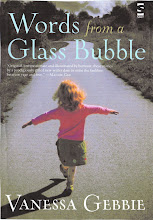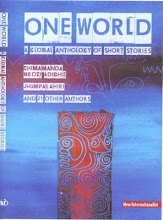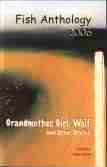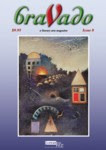Hanif Kureshi's recent talk at Manchester University, and among other things, his views on Creative Writing at University.
The narrator of (Kureshi's) latest novel, Something to Tell You, is a psychoanalyst, and writing as therapy was a strong thread through the evening. The way he told it, he himself took up writing as the best form of therapy...,
..Asked whether he agreed with Will Self's condemnation of the teaching of Creative Writing, Kureishi said that he could see where Self was coming from, there really was something dodgy about it all: what the universities are up to in fact is making money out of the fees, and it would be an utter cruelty to give 'these people' the impression they were likely to get a publishing deal, the point of it all for most of them was therapy ... and some of them in fact were 'absolutely barking' - in fact he's noticed that when you get these shootings in American universities the perpetrators always turn out to be students of Creative Writing.
But then after all it's true that madness is close to genius and all great writers really have to be mad - at which point the audience laughter turned from nervous to relieved.
(my breaks in the text)
ELIZABETH BAINES' COMPLETE ARTICLE HERE
From my limited experience, he is spot on about the 'cruelty' of some courses leading students to think they are writing material that will be of interest to the publishing world. But I would probably call it 'cynicism'. After all, as he points out, their objective is to increase income.
But while we are on the subject of cruelty, I think his description of some students of Creative Writing as "absolutely barking" is cruel.
Again, from experience of a university course, but also from the frequent experience of participating in and leading public CW workshops ... people sign up because they want improve their craft, to maximise their chances of being heard. They go to the Universities, to courses, because they believe they will be given the tools with which to create something special.
Sure, they have a captive audience who might have to listen to autobiographical ramblings, and comment on a life in progress.
But if the Universities think what they are writing is 'barking' then surely, these students ought not be ON the courses in the first place.
Two questions:
1)What's the selection process for entry to basic CW courses at University? certificates and diplomas?? (There was no selection for the one I attended for a while...)
2)How many students do you know of who have failed a University CW course?
.
.




.JPG)























2 comments:
I'm a new reader, but want to extend hearty congratulations regarding the outcome of your most wonderful book. I'm going to go find it for myself!
Cheers!
- Jo
Hello Jo, thank you for dropping by, and for your kind message.
Post a Comment